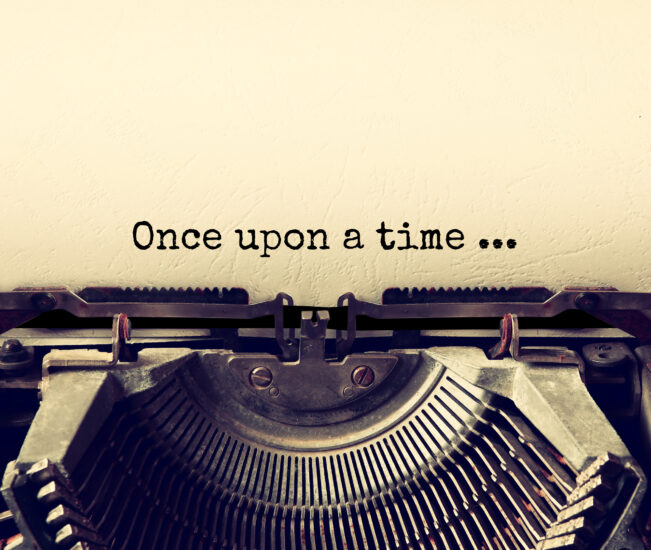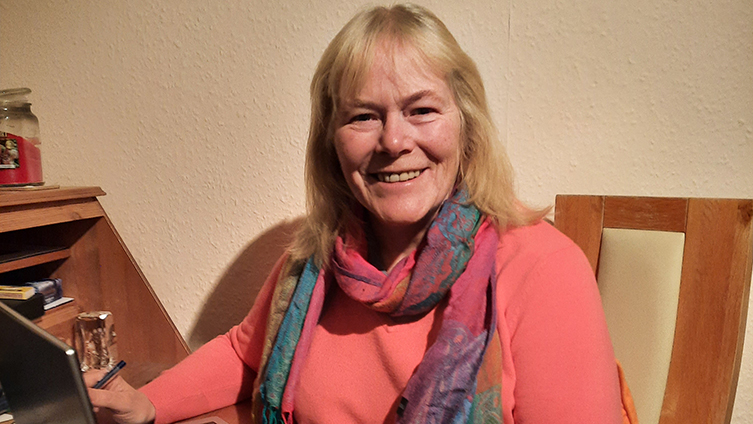
Let’s talk about dialogue.
When we read stories, the majority of the time it’s clear which character is speaking and to whom.
However, dialogue-heavy scenes can sometimes muddy characters’ identities, and the reader can easily lose track.
Is it important, then, to signpost the reader to every new line of dialogue?
If there are only two characters in a scene, and it’s clear from their responses who they are, then there is no need to highlight who the narrator is each time.
This is effective if the characters are engaged in a short conversation, and there isn’t a change in subject matter.
But if the characters change tack, then it might be beneficial to highlight the speaker.
The delivery
It’s advantageous to highlight the speaker when you want to draw attention to the words. But it’s also advantageous to do so when you want to focus in on the characters’ feelings, helping build their personalities in the eyes of the reader.
The way characters deliver their words will alter depending on context — whether they are angry, or in love, for example.
In relation to dialogue attribution, the use of “he said” and “she said” is more than adequate. However, writers can use other words if they want to convey a particular mood, e.g. muttered, screamed, shouted and whispered.
Stay clear of unnecessary adverbs.
Take the phrase “I’m very happy”.
If we already know the character is happy, we don’t need the surplus modifier “very”.
Adverbs — most ending in “-ly” — often state the obvious and can make characters appear one-dimensional.
Let the characters’ words and delivery do the talking.
Stay clear of misplaced dialogue tags, and your writing should be stronger as a result.
For more tips, check out our Writing Tools section
See the rest of our Fiction content by clicking here.




